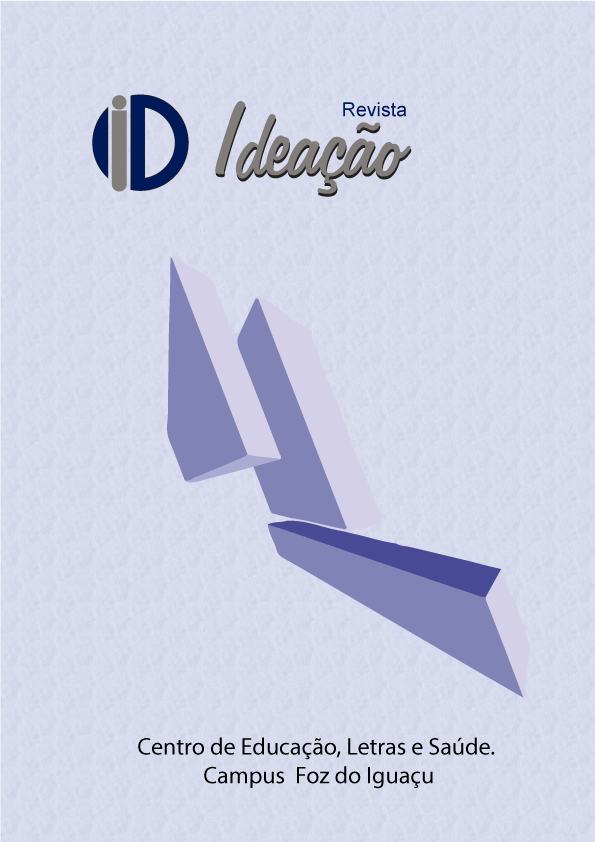DIALOGANDO COM O CAMPO DA POLÍTICA E A EDUCAÇÃO DO CAMPO NO ESTADO DO PARANÁ
DOI:
https://doi.org/10.48075/ri.v17i2.13804Palabras clave:
Estado, políticas públicas, educação do campoResumen
O presente artigo traz apontamentos resultantes da pesquisa de mestrado para o Programa de Pós Graduação em Educação, da Universidade Estadual de Maringá (UEM). A pesquisa aborda sobre a Educação do Campo e tem como norte o diálogo que envolve a construção de políticas públicas. Nesse diálogo apresento o pensamento de Nikos Poulantzas (1936-1979), Pierre Bourdieu (1930-2002) e Antonio Gramsci (1891-1937). Assim a presente pesquisa visa discutir o papel do Estado tanto como dominação hegemônica ou lugar de contradições e como manifestação de um duplo poder. Também aborda sobre a importância dos intelectuais para o avanço no campo bourdieusiano e as questões do poder adquirido e conquistado no campo. Nesse contexto a Educação do Campo vem com uma nova proposta de educação, dessa forma os intelectuais precisam compreender a política e como se dá o jogo no campo do poder dentro do Estado, instrumentalizar-se e ampliar o espaço de luta no sentido da busca pela humanização e das leis que regulamentam a sociedade, sem perder de vista o significado mais profundo de igualdade e justiça social.Descargas
Publicado
Cómo citar
Número
Sección
Licencia
Política a respecto de publicaciones periódicas de libre acceso
Los autores que publican en esta revista están de acuerdo con los siguientes términos:
1. Los autores conservan los derechos de autor y conceden a la revista el derecho de primera publicación, y la obra se licencia simultáneamente bajo la Licencia de Atribución de Creative Commons, lo que permite que la obra se comparta con el reconocimiento de la autoría y la publicación inicial en esta revista.
2. Los autores están autorizados a asumir contratos adicionales por separado, para la distribución no exclusiva de la versión de la obra publicada en esta revista (por ejemplo, para publicarla en un depósito institucional o como capítulo de un libro), con reconocimiento de la autoría y la publicación inicial en esta revista.
3. Se permite y alienta a los autores a que publiquen y distribuyan su trabajo en línea (por ejemplo, en repositorios institucionales o en su página personal) en cualquier momento antes o durante el proceso editorial, ya que ello puede generar cambios productivos, así como aumentar el impacto y la citación del trabajo publicado (véase El efecto del acceso abierto).
Licencia Creative Commons
Esta obra está licenciada bajo una Licencia Internacional Creative Commons Reconocimiento-No comercial-CompartirIgual 4.0, que permite compartir, copiar, distribuir, exhibir, reproducir, en su totalidad o en partes, siempre que no tenga un propósito comercial y se citen los autores y la fuente.


